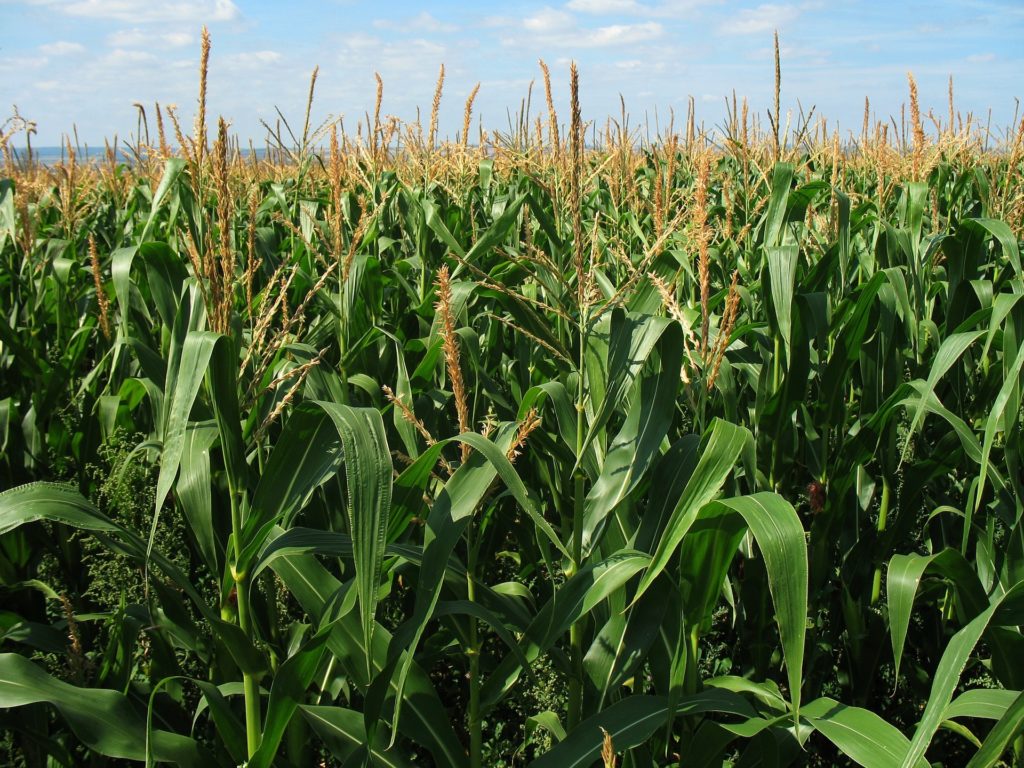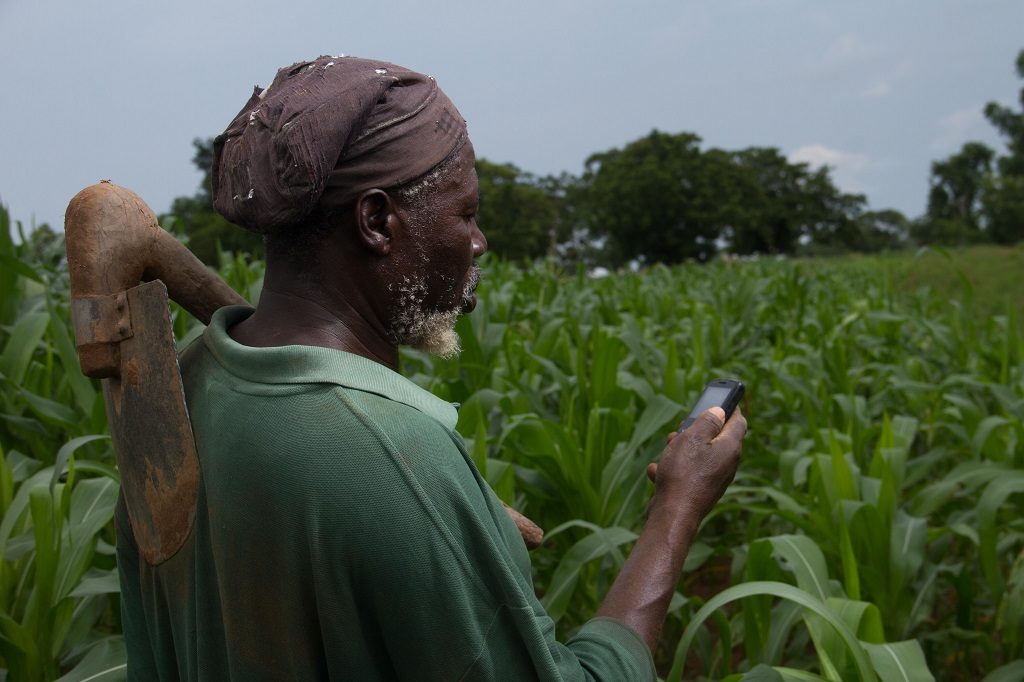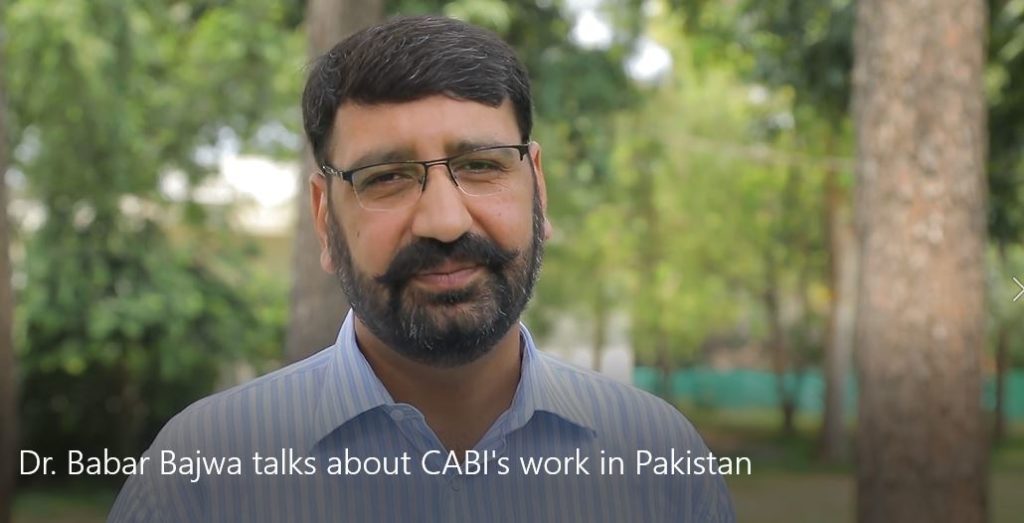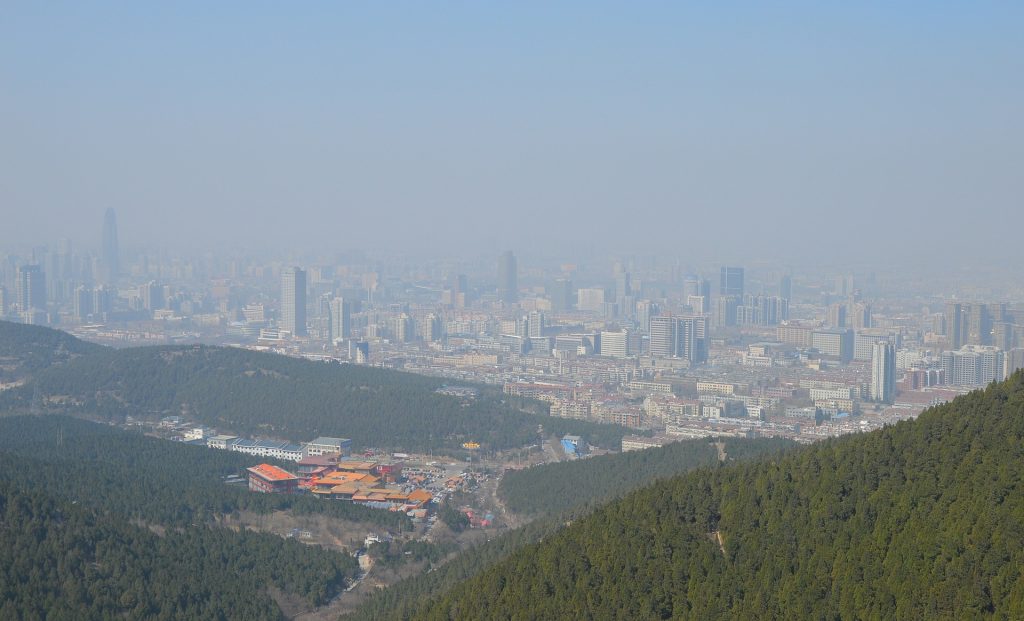Improving smallholder farmers’ livelihoods and food security through insects for feed
By Solomon Agyemang Duah, Communications Specialist at CABI based in Ghana Poultry farming is practised by almost all smallholder farmers in West Africa but feed and in particular protein sources are becoming increasingly expensive thereby, affecting meat and egg production, reducing family incomes and, ultimately, putting food security at risk. Fish farmers are suffering a…
Safer food in Pakistan through Aflatoxin control
By Dr Sabyan Faris Honey, CABI, and Deborah Hamilton, USDA Aflatoxin, produced by a poisonous fungus, is a serious threat to food security by contaminating many of Pakistan’s agricultural products, including cereal grains, chilies, dry fruits and nuts, and milk. Indeed, the average contamination in wheat and maize in Pakistan, for example, is five and…
The Fertilizer Optimization Tool: maximising profit from fertiliser
By Duncan Sones. Originally published on Spore. A quiet revolution in fertiliser recommendations has led to the development of a phone app that could make a positive contribution to tackling Africa’s depleted soil and supporting the growing demand for food in a time of climate change. Duncan Sones, from the Centre for Agriculture and Bioscience International’s…
Video special: Dr Babar Bajwa talks about CABI’s work in Pakistan
In this video special Dr Babar Bajwa, CABI’s Regional Director – Central and West Asia, talks about CABI’s work towards helping partners achieve the UN Sustainable Development Goals – including ‘Zero Hunger’ and ‘No Poverty’ – in Pakistan. This includes reaching out to smallholder farmers with expert advice on integrated crop and pest management practices so they are better…
Grasshoppers v Orange Juice: insects have nearly as much antioxidant benefit as popular breakfast drink
By Mia MacGregor, CABI A recent study by Professor Mauro Serafini from University of Teramo, Italy, revealed antioxidant levels in multiple, commercially available insects, which proved grasshoppers, silkworms and crickets to be the highest. Found on every continent except for Antarctica, grasshoppers are a staple in the diets of animals all over the world such…
Embracing change – how family farmers can face the future
This year opens the Decade of Family Farming, which aims to improve the life of family farmers around the world. In an earnest discussion, two leaders in the global agriculture community reflect on the challenges facing family farmers, the promises of high- and low-tech solutions, and their hopes for the future. A conversation between Dr…
Scientists release new allies in the battle against invasive yellow toadflax in the Rocky Mountains
A team of international scientists are collaborating to fight the noxious weed yellow toadflax (Linaria vulgaris) in Montana’s world-famous Rocky Mountains with the help of a tiny insect – the shoot-galling weevil Rhinusa pilosa. Yellow toadflax, first introduced from Wales in the late 1600s as an ornamental and medicinal plant and to make textile dyes,…
Engendering a more profitable cotton industry for Pakistan through female empowerment
CABI is helping to engender a more productive and profitable cotton industry for Pakistan through the training of more than 57,000 farmers and farm workers – including these women picture above – as part of the Better Cotton Initiative. The Pak Mission Society teamed up with CABI in the Tehsil Khipro, District Sanghar of Sindh…
CABI’s publishing business strengthens partnerships with China
CABI’s publishing business has been busy strengthening partnerships in China by showcasing the benefits of its range of print and online products and services to Chinese clients and partners, and exploring opportunities of further collaboration with the Chinese Academy of Agricultural Sciences (CAAS) in Beijing. Dr Andy Robinson, CABI’s Managing Director, Publishing, led a delegation…











